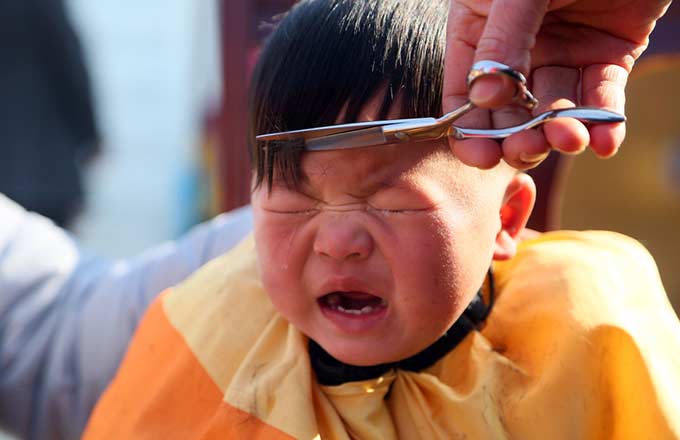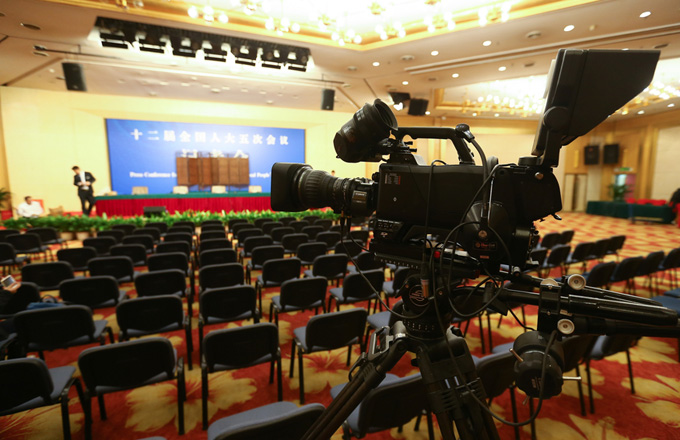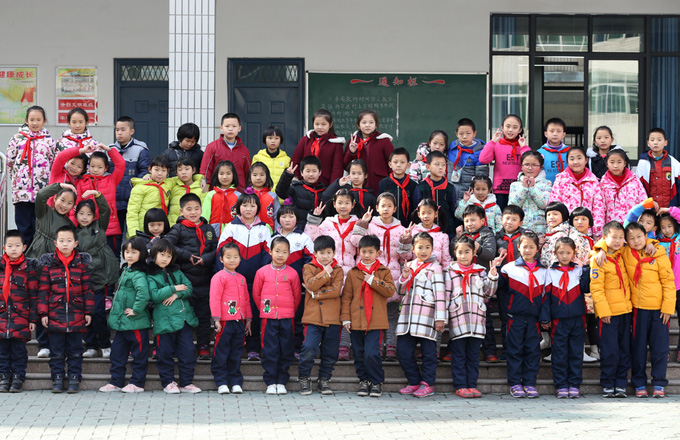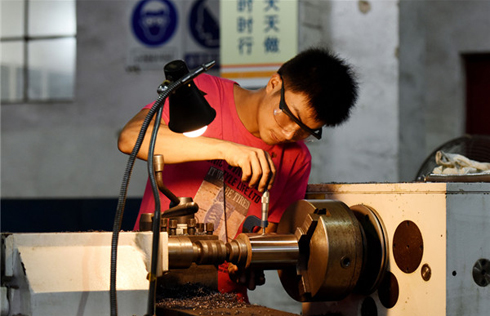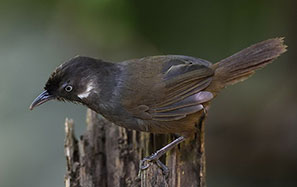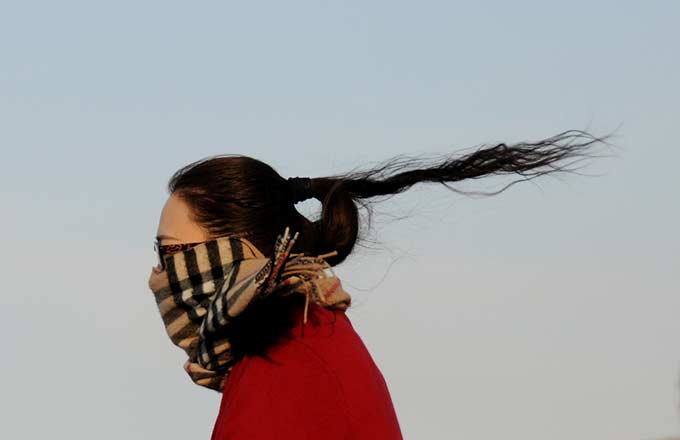Anti-graft agencies set to be realigned
China's four-year anti-corruption fight will produce a new institution, called a supervisory commission, to integrate separate and less effective corruption control authorities.
Three provincial-level supervisory commissions are being assembled as a test in Beijing, Shanxi and Zhejiang provinces following approval by the Standing Committee of the National People's Congress, China's top legislature, in December.
Whether the program will be extended is uncertain, but the three test commissions are expected to be ready by the end of March, according to the Communist Party of China Central Commission for Discipline Inspection, the nation's top anti-corruption watchdog.
The CCDI also said commissions at city and county levels in the three jurisdictions will be finished by the end of June.
Legal experts call the supervisory commission a more efficient anti-corruption institution, adding that it will be good to give more structure to the country's supervisory bodies.
In a departure from the fragmented supervision bodies inside governmental departments — such as corruption prevention bureaus and disciplinary inspection authorities — the pilot program would have the three regions integrate their local supervisory resources into the newly built commissions.
Yang Weidong, a law professor with the Chinese Academy of Governance, said that the fight against corruption will be more institutionalized and the nation's supervisory structure much clearer as a result.
Currently, Chinese prosecuting authorities not only investigate crimes such as dereliction of duty and bribery, they also prosecute the suspected offenders. This mixture of functions can weaken overall effectiveness, Yang said.
"For example, the head of the anti-corruption bureau within a prosecuting authority usually is also the authority's deputy chief procurator. That may bring graft risks and a negative influence on the ability to supervise itself," he said.
After the independent commissions are formed, the role of investigation will be separated from the prosecuting authorities, "which can increase mutual restrictions between the two functions and make our efforts against graft more systematic," he added.
Ma Huaide, a law professor at China University of Political Science and Law, said that the commissions reflect a newly emerging supervision structure. Instead of having the supervisory bodies inside government offices, having "supervisory organs in parallel with the government bodies will make the national supervision system more powerful."
The heads of the commissions will be elected by people's congresses and they will answer to the legislative body at their own level, as well as to higher-level supervisory commissions, the legislature mandated.
The pilot commissions are authorized to supervise, investigate and punish all public employees, such as civil servants, in their own region, the legislature said. Also, they have been given 12 tools to do the job, such as interrogation, detention and freezing assets, the legislature said.
Executives of State-owned enterprises and administrators in government entities, such as medical, cultural, research, educational and sport industries, also will fall under the supervision of the commissions.
Wang Qishan, secretary of the national Party CCDI, said in November that such supervision commissions are "anti-corruption agencies by their nature".
Since the 18th CPC National People's Congress in 2012, China has stepped up its anti-corruption efforts, and a series of officials, including some at ministerial level, have stood trial or been sentenced in crimes related to their duties.
In addition, new rules issued by the Party over the past few months also demonstrate the strong determination to fight corruption systematically, the experts added.




